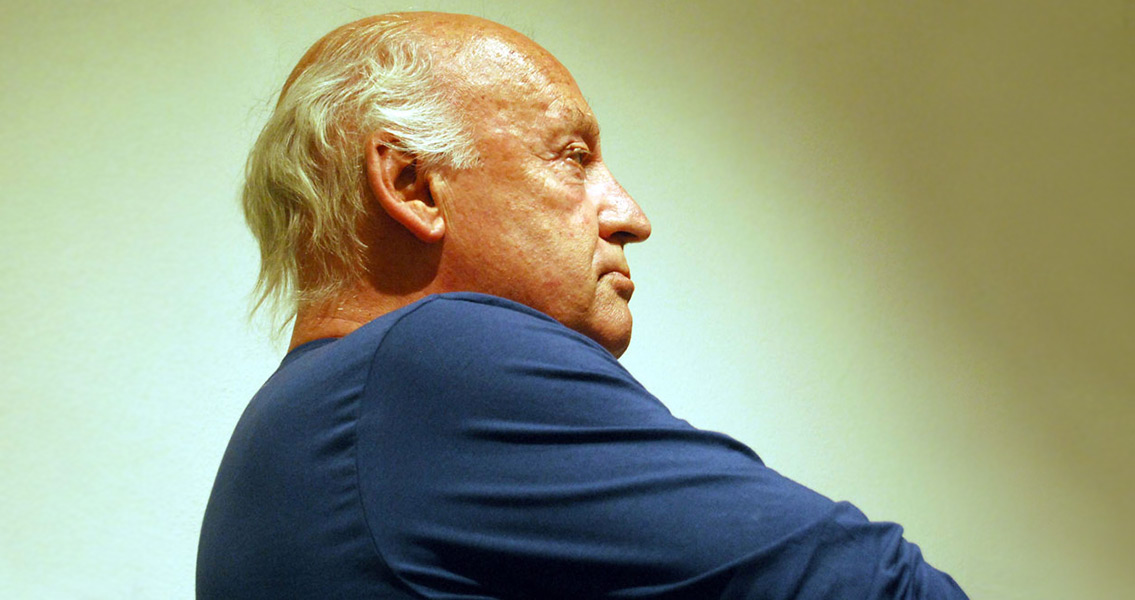<![CDATA[Eduardo Galeano, who died on Monday, was a political activist, journalist, novelist and football writer. A respected and passionate anti-capitalism campaigner who worked to highlight the political and economic realities of Latin America, it is easy to overlook that Galeano was also a hugely important historian. When writing an article just this week regarding the history of US ‘meddling’ in Latin America, it was necessary to refer to the work of Galeano, revealing just how crucial his studies were for understanding the political economy of Latin America. One might disagree with the arguments made in his groundbreaking work “Open Veins of Latin America”, but it set out an interpretation of history that simply has to be considered when analysing the past and present of the region. Written in 1971, ‘Open Veins of Latin America’ argued that the wealth of Europe and the United States depended on the poverty of Latin America. Using centuries of history as evidence, he described what he called “the human poverty by murder of the continent”. The book was inevitably controversial, in the 1990s three supporters of free-market economics, Colombian writer and diplomat Plinio Apuleyo Mendoza, the exiled Cuban author Carlos Alberto Montaner and the Peruvian journalist and author Álvaro Vargas Llosa, wrote a scathing polemic in response to Galeano entitled ‘Guide to the Perfect Latin American Idiot’. Their vicious response proved just how vital Galeano’s work was. He himself admitted just last year that the work had faults, but of course, no work of history can be perfect and none can be universally agreeable. The significance of ‘Open Veins..’ lies in the debates it has opened up. Appraisals of Galeano’s work tend to focus heavily on ‘Open Veins…’, but his importance as a historian was not limited to his work from the 1970s. In a Guardian interview in 2013, he explained his philosophy of history, that the past was always connected and relevant to the present “History never really says goodbye. History says, see you later.” He went on to reveal his great fear, that “we are all suffering from amnesia.” For Galeano, remembering the past was vital for society. As a result, his later works were much broader in geography and chronology, and took on a host of innovative approaches in the way they described history. ‘Mirrors: Stories of Almost Everyone” provides a unique overview of history from mankind’s beginnings on earth up until the present. As innovative as Galeano’s outlook, is the form of the book itself. ‘Mirrors’ is structured like an epic poem, with historical events being summarised into small sections that form part of a large, coherent narrative. Like the rest of his historical works, ‘Mirrors’ focuses on rarely discussed events as well as fresh interpretations of well known moments in the past. Galeano combined brave, progressive and controversial views of the past with a unique approach to the form a work of history could take. ‘Open Veins’ is a conventionally presented work vital for the unique interpretations it makes. Later works, such as ‘Mirrors’, or his final publication ‘Children of the Days’, used imaginative, unconventional ways to further the discussion of history, challenging traditional ideas on the forms and nature of historical publications. He will likely be remembered more for his activism and campaigning than as a historian, but the vitality of the connection between past and present defined much of Galeano’s work.]]>
Eduardo Galeano
